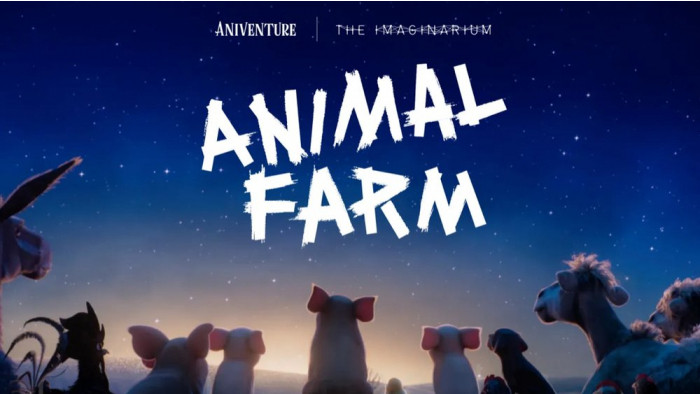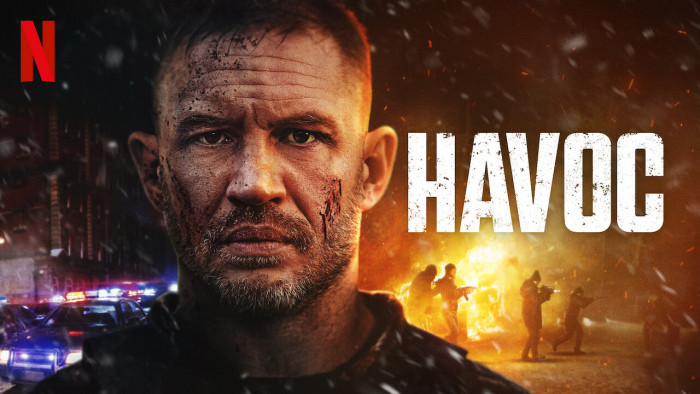Eminem has said sorry for saying ‘f*ggot’ but let’s not forget the real problems facing LGBTQ people
"The LGBTQ community has bigger fish to fry than worrying about a fading rapper"


“Tyler create nothin’, I see why you called yourself a faggot, bitch.”
That’s what Eminem rapped about Tyler, The Creator – arguably one of the most talented and most exciting rappers around today – on his ‘Kamikaze’ track ‘Fall’.
Eminem, who has a long history of using the anti-gay slur, caught a lot of heat for using word, which was the bleeped, against 27-year-old Tyler, who is reportedly not straight, as part of their long-running feud.
“You can’t use faggot UNLESS you’re gay,” said one viral tweet.
And gay pop singer Troye Sivan added to the criticism: “I don’t think there’s ever really a reason [to use the word].
“I just feel like some words are not meant for everyone, or for anyone. It’s not that hard to respect that, so I just hope that people do.”
But now, in a rare comedown for the 45-year-old ‘Stan’ rapper, Eminem has apologised for his comments.
“I think the word that I called him on that song was one of the things where I felt like this might be too far,” he said in an interview with Sway. “Because in my quest to hurt him, I realise that I was hurting a lot of other people by saying it… It was one of the things that I kept going back to and going ‘I don’t feel right with this.’”
Now, while it’s good that Eminem is reflecting on his actions - although the fact that he didn’t ‘feel right’ with it, but did it nonetheless means his apology shouldn’t entirely absolve him - I reckon it’s important to not lose perspective here: the LGBTQ community has bigger fish to fry than worrying about a fading rapper.
I’m all for holding high-profile cultural figures to account – although you could argue that Eminem isn’t exactly the most relevant artist nowadays – and I’m not criticising people who have spoken out against him.

Tyler, the Creator’s feud with Eminem goes back to 2014
The word ‘faggot’ has been used as a weapon against queer people for decades and continues to be used to attack sexual minorities. I’ve had people chuck nasty homophobic language at me while walking down the street with my boyfriend.
But I can’t help shaking the feeling that all this focus on Eminem being made to apologise is kind of a distraction from the more pervasive and more insidious persecution that LGTBQ people go through all the time.
There is not nearly enough attention in the mainstream media on the violence that’s inflicted about transgender people of colour, for example.
Or the silent epidemic, made worse because of economic inequality and a lack of resources, that means black gay men in the US face a 50-50 risk of catching HIV.
Or the LGBTQ pay gap that suggests that gay men earn around 9% less than our straight counterparts globally.
Or the pathetically weak response from governments around the world when the Chechen government, a state in Russia, launched a murderous campaign against its gay citizens and pretty much rounded them up in death camps. How did the world respond? By sending our football teams to Russia for the World Cup and pretending nothing was wrong.
When you think about these problems that LGBTQ people face, it makes all the attention on Eminem seem quite trivial.
And this isn’t accidental; I think plenty of people in mainstream straight society like to focus on the trivial rather than consider their own complicity.
Like the fact that our current conservative government is in political bed with a fundamentally homophobic party, the DUP.

Sir Ian McKellen outside the Russian Embassy in London protesting the treatment of LGBTQ people in Chechnya
I’m not particularly bothered about defending Eminem, however – even though he has been vocal in his support for LGBTQ issues, including same-sex marriage. And I think he ought to reflect on the fact he is a powerful white man who used this derogatory attack word against a younger person of colour. That’s not a good look at all, Slim.
But, on some level, there is also something to be said about defending the rights of artists (even ones who maybe aren’t at the top of their games) to be controversial and to be rude and to be unacceptable and to use language that makes us feel uncomfortable.
As long as he’s not advocating violence, it’s hard to agree with the idea that we should be regulating and censoring Eminem’s output.
Most importantly, let’s not get distracted by Eminem and his petty beefs. We’ve got way worse problems we need to deal with first.
(Images: Getty)
Latest


Ben Affleck and Jon Bernthal talk The Accountant 2


Animal Farm movie cast announced
Related Reviews and Shortlists







